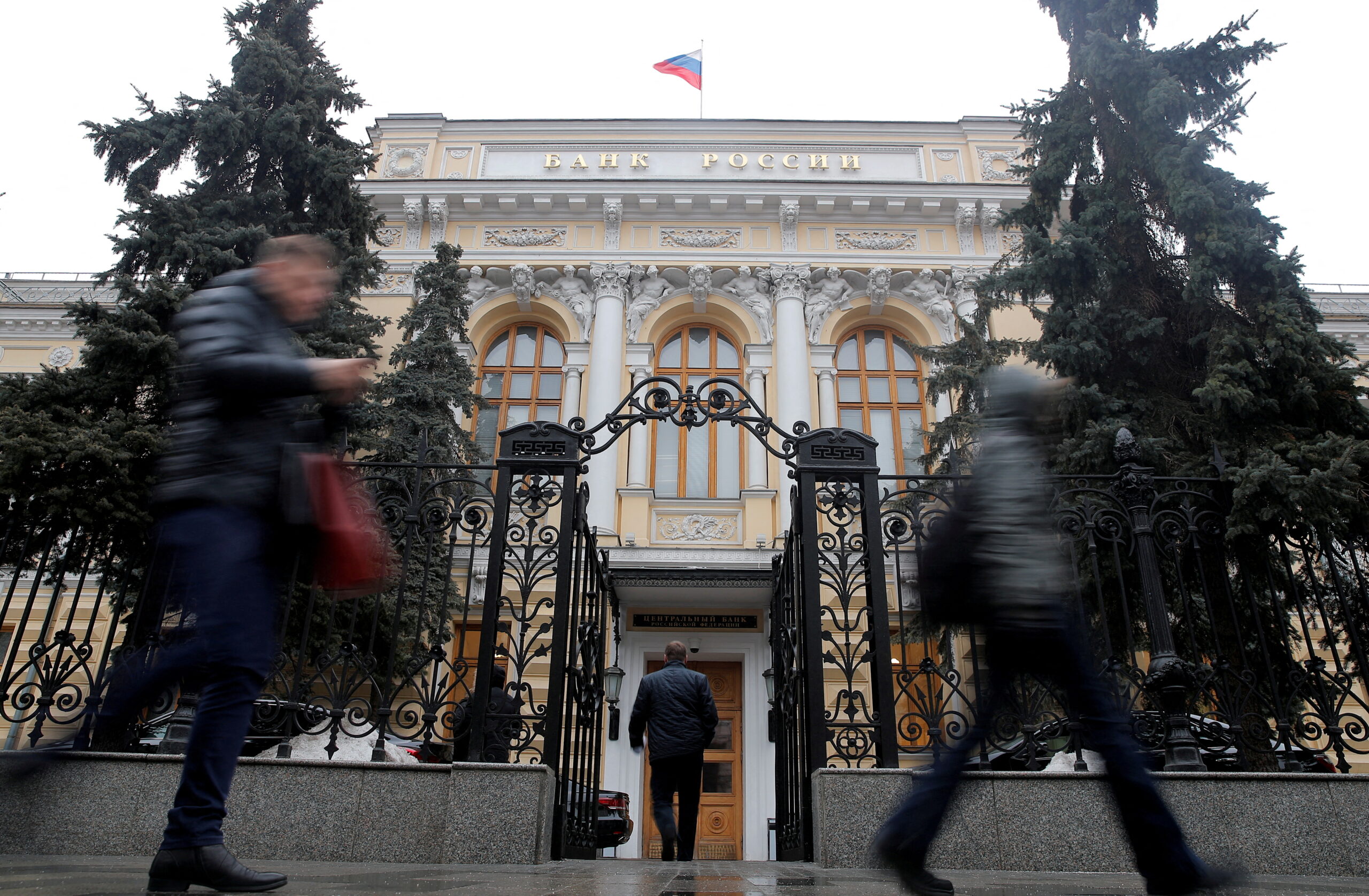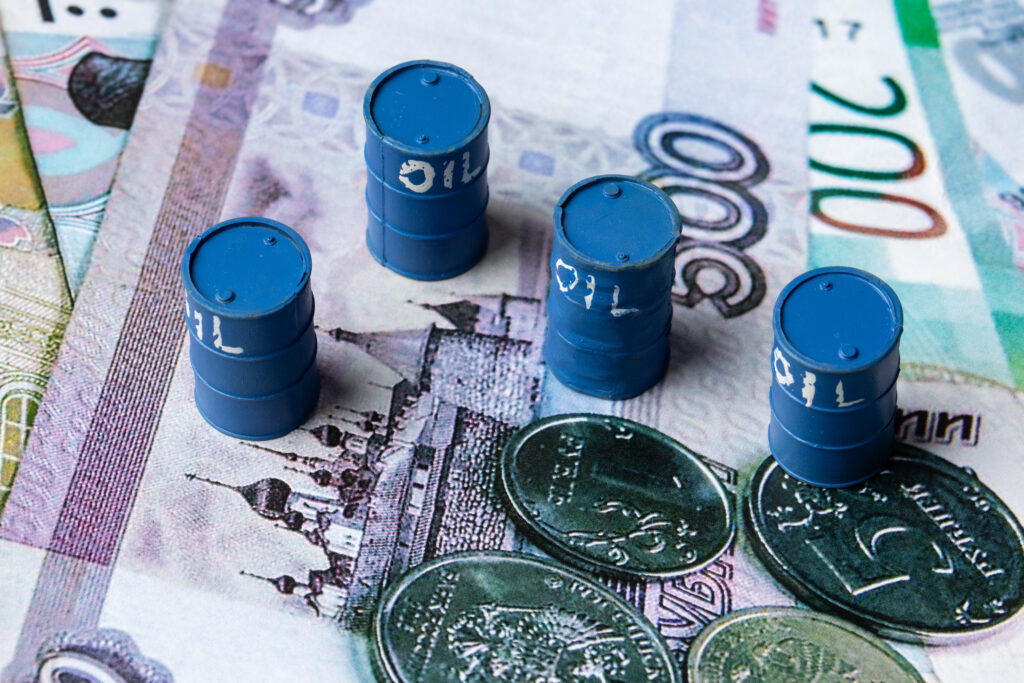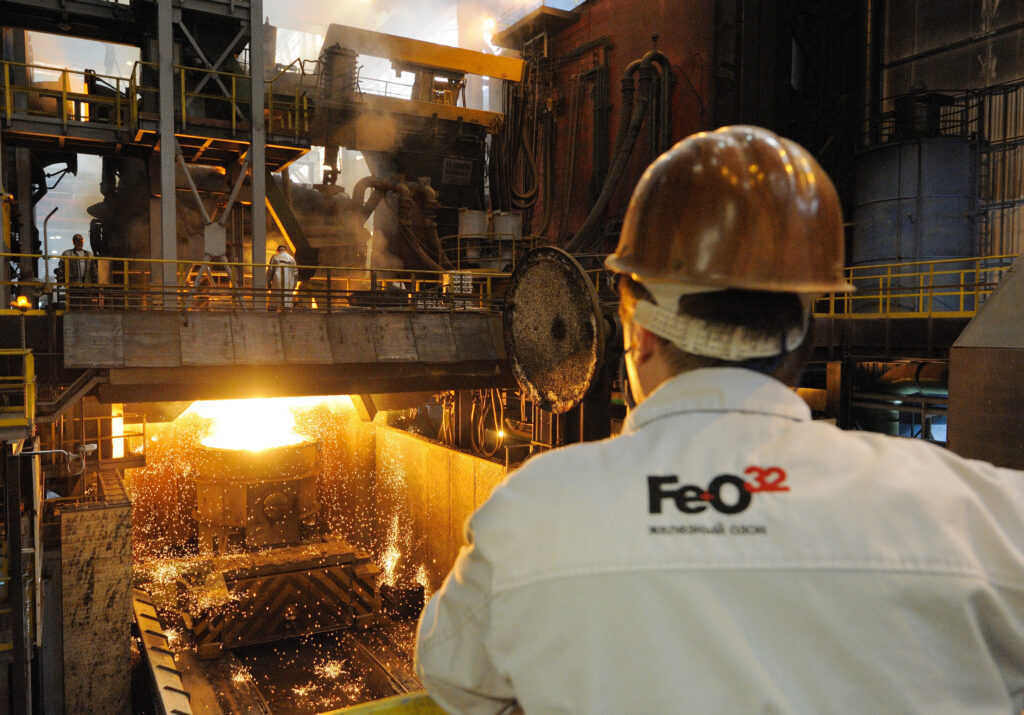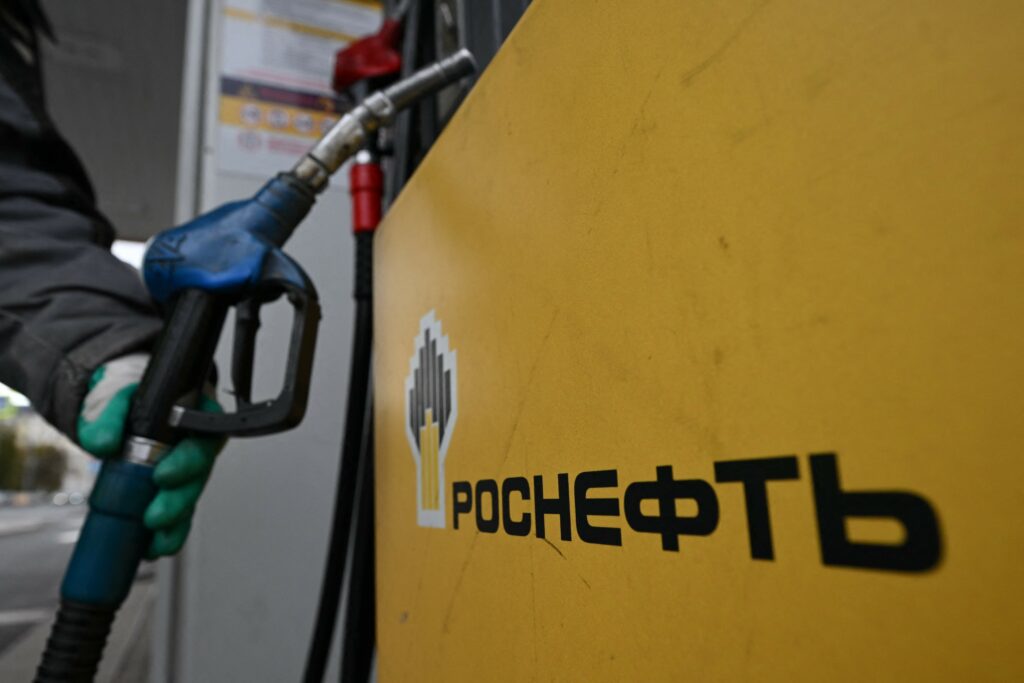Russia surprised many — myself included — by making interest payments on its Eurobonds in March. It even paid the US$ 77 million coupon payment due on its 2029 Eurobond in US dollars although the bonds include the «alternative payment currency event» triggers that would have allowed payment in roubles. This is particularly notable as Russia has a limited supply of dollars amid sanctions on the Central Bank that have frozen its assets, in contrast to its ability to print as many roubles as it pleases. Moreover, doing so would not have constituted a formal default, at least according to the International Swaps and Derivatives Association (ISDA).
All this would appear to support renowned Russian political economist Vladislav Inozemtsev’s own argument for Riddle that Russa will not default as a result of the international sanctions imposed on its central bank. The market reflects this as well, with Russian sovereign bonds climbing in value in subsequent days, though liquidity is thin and it remains untradeable on many exchanges. Nevertheless, credit default swap (CDS) prices indicate that the market still considers Russia more likely to default than not, if only narrowly.
But with all due respect to Inozemtsev, it is only a question of when Russia will ultimately formally default, rather than if it will.
Firstly, however, it must be acknowledged that Inozemtsev is correct to note that even with the asset freezes, Russia remains able to pay back its creditors — as long as Russian oil and gas exports continue. Inozemtsev states that the question of whether it will default is one of its willingness to do so. He argues that Russian banks could buy much of the Eurobond debt at bargain-basement prices, and that the Kremlin and Ministry of Finance may do just that, so as to shore up the Russian banking sector and even pass along the potential returns to Russian savers.
Theoretically, it is a fine idea. It could work particularly well if Russia is able to force Europe to pay for its gas in roubles, as this would require that importing firms exchange Euros, US Dollars or other hard currency because this would require importing firms cooperate with a bank or institution that can engage in such currency transactions (the Central Bank sanctions mean it cannot do so). This is because the issue at present is not the value of the rouble — it has officially recovered half of its post-invasion losses and its now trading below 100 roubles-to-the-US-dollar again — but rather its potential inconvertibility. The official rate belies the real rate, which can be seen at currency exchanges in neighbouring countries, where roubles are often purchased at half the rate for which they are sold, when at all.
Restoring convertibility would make it less costly to actually pay the Eurobond debts to Russian banks and their customers, while not affecting the potential economic benefits they would reap from buying them at low prices.
Inozemtsev’s suggestion may be based on something approaching present reality. There is plenty of precedent for Russian banks to hold Russian sovereign Eurobonds, and even to ‘corner’ certain parts of the market — as now-sanctioned Bank Otkritie did before its 2017 bailout. Furthermore, the present situation brings to mind a bewildering US$ 949 million Eurobond payment made by Venezuela for its state-owned oil company PDVSA in 2018, even after the sovereign had fallen into default.
Importantly, there remains much uncertainty about who holds which class of Russian Eurobonds today. Some are likely already heavily concentrated among Russian financial institutions, likely including Moscow’s more recent issuance, which contain the aforementioned currency triggers as well as the potential for holders to elect to receive payment in roubles. Of course if they purchased these before the invasion, they would not gain from the same high yields caused by the subsequent crash in Russian Eurobond prices.
But as strong as Inozemtsev’s idea is on paper, it will not work. Firstly, because Russia has — as he acknowledges — already technically defaulted on its local-law OFZ debts, through its ban paying interest or principal out to foreign investors. It is only a matter of time before lawsuits are filed in jurisdictions around the world from other trade credits and loans that have been disrupted by the conflict, as well as by foreign businesses whose assets are being expropriated by the Kremlin in response to the sanctions. Claims brought over any of these defaults or expropriations will begin to mount while sanctions remain in place, and lawyers will seek to argue that Russian Eurobonds should not be paid while such claims are not. A ruling in their favor could trigger a cascading Russian default.
Such legal strategies can take years, however there are plenty of other potential factors that could push Russia into default well before then. The most obvious one is the fact that the US Treasury’s authorization allowing Russian Eurobond interest and principal repayments, General License 9a, expires 25 May. Treasury has not stated publicly whether it will be willing to extend it, but the incentive not to do so only grows higher as claims against Russia begin to build up. Kyiv is likely to begin its own claims for war damages, as will human rights groups over the barbarity of Russia’s war, that will make it even more politically-difficult for the US Treasury to do so.
Additionally, it should be noted the bonds are under UK law and the British parliament and courts can take action that affects Russia’s ability to formally pay even aside from these competing claims. If Treasury does not act, Parliament may well do so — the House of Commons’ Foreign Affairs Committee Chair Tom Tugendhat MP has called for banning Russian sovereign debt from being traded in the UK before. Inozemtsev’s argument may explain a reason why the Kremlin could still seek to pay, but it also therefore forms the basis of an argument of why the UK or US should stop Russia from being able to do so.
Furthermore, the incentive for the Kremlin to continue making such payments will also decrease as sanctions are fine-tuned. Europe’s refusal to countenance Russian President Vladimir Putin’s demand for rouble payments for gas could well lead to a cut-off in deliveris and payments that will see Moscow also further proritise keeping what hard currency it still has control over rather than exporting it to creditors, or even giving effectively it to Russian savers as Inozemtsev argues.
Investors should brace for the high likelihood of Russia’s default, Russians should brace themselves for the move too, it will cost them far more in the long-run.










